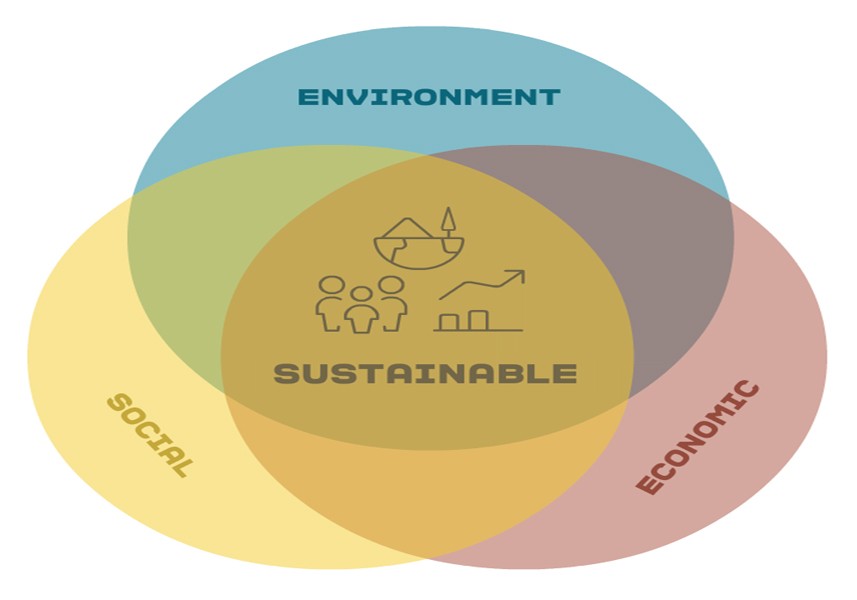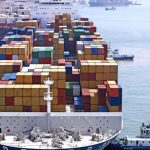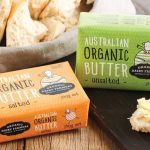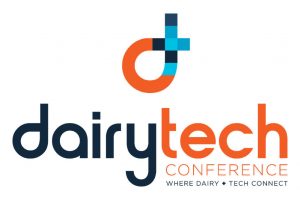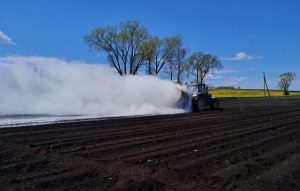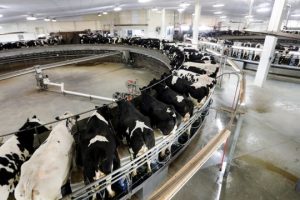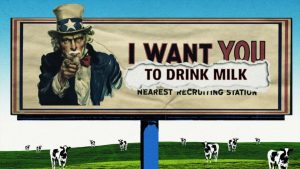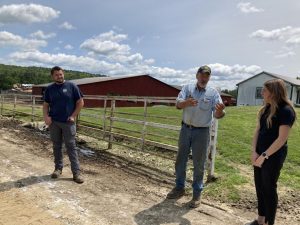
And when people ask me why I believe that the dairy industry has a bright future, my answer is simple. Time and time again, the sector has shown its ability to adapt, evolve and meet the changing needs and expectations of the consumers.
The 2020’s will be a defining decade in which we will have to use this ability more than ever to address urgent sustainability challenges. And this agility is not only needed in the dairy and food industry, but across the whole European continent. The response has to be from the top down and the bottom up, which is why the EU Commission’s Green Deal is timely and necessary.
The vision for Europe includes becoming the first climate-neutral continent by 2050, boosting the economy, improving people’s health and quality of life and caring for nature. It underlines that policies should support a fair and inclusive transition that leaves no one behind.
I believe that the European dairy industry is critical to help achieving this. The sector scales the continent, it provides jobs, stimulates the economies of rural areas, provides nutrition to millions of citizens and is an important part of our European food culture and traditions.
Together with our cooperative farmers, we have a great sense of responsibility to lead our sector in addressing the challenges. We are proud of the multiple steps we have taken already to create a more sustainable future for dairy, however, we also recognise that there is much more to do. We are committed to become carbon net zero by 2050 and work actively on other key challenges such as nutrition, affordability, animal welfare, packaging and waste.
A few weeks ago, I was in the European Parliament to launch and discuss a new independent report, which sets out a path for a sustainable European dairy sector. We had a stimulating discussion with different views on both the role of dairy in society going forward and how as an industry it can face into the sustainability challenge.
The report has 25 recommendations of where and how we needed to get started, for the industry, government, retailers and researchers. It clearly sets out the challenges for the dairy industry. But it also underlines how much the dairy sector gives back to Europe and how complex and interlinked sustainability is.
Sustainability is about fighting climate change and protecting the environment. But it’s also about financial and social stability as well as maintaining the good health and quality of life for European citizens.
The increasingly polarised public debate about dairy often does not take into account these extremely complex and interlinked aspects of sustainability. Choosing the right path is not an easy task and the report makes clear that our response needs to reflect this complexity and that trade-offs should be minimised.
It’s evident that no farmer, no industry, no country can make the necessary changes on their own. We need collaborative models and a policy framework for Europe that motivates and incentivises positive change while maintaining a level playing field across the food chain. The policy environment should be driven by science and robust evidence rather than sentiment.
As we look ahead to the 2020s, more than ever it’s time for new thinking and concrete action. Therefore, we need to bring the dairy industry, government, society and academia together to build a deeper understanding of the issues and trade-offs and stimulate innovative thinking. This will ultimately lead to better policy making, creating an environment where players across the value chain are included, enabled and accountable for delivering a bright and sustainable future for dairy.
If you want to know more about the report and its recommendations made by the Institute for European Environmental Policy, go to https://www.arla.com/sustainability/report-a-vision-for-europe/.
About the author
Peder Tuborgh
Group CEO
Since joining Arla Foods in 1987, Peder has progressively worked his way up through Senior Management positions. Firstly through marketing roles in Germany, Saudi Arabia and Denmark, and later through general management roles such as Divisional Director and Group Executive Director with responsibility for the Nordic markets. In 2005, he became CEO of Arla Foods aged 42, the youngest CEO in the company’s history. Peder holds a MSc in Economics and Business Administration from Odense University.
